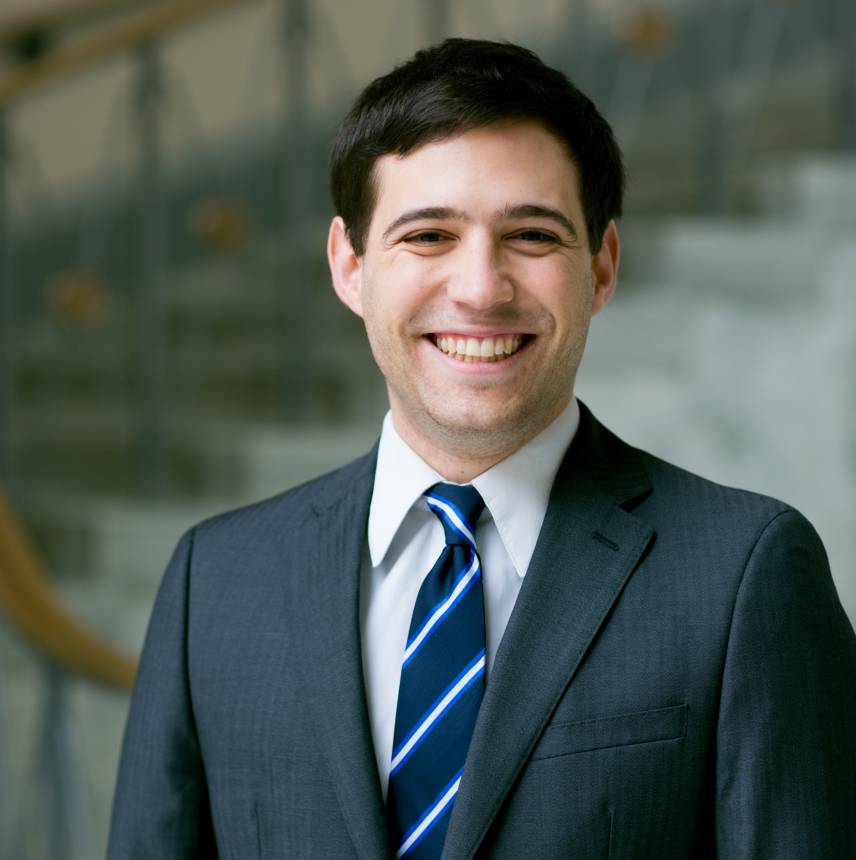
Paul Massaro, UMD SPP Class of 2015, is a policy advisor at the U.S. Commission on Security and Cooperation in Europe, commonly known as the U.S. Helsinki Commission, which he joined in 2013.
The Helsinki Commission has a long and honorable history of action on behalf of human rights in Europe and Central Asia. It arose in response to the mid-70s Helsinki Final Act, which established the Conference on Security and Cooperation in Europe. This process would eventually evolve into the multilateral Organization for Security and Cooperation in Europe (OSCE) of today. The Act’s “Basket I” enhanced security and stability in the region. “Basket II” paved the way for economic, science and environmental cooperation, and the much-overlooked (initially) “Basket III” created openings for the West to press the USSR and Warsaw Pact governments to improve their human rights practices.
In recent months, the Commission has been in the headlines as Russia’s prosecutor general, Yury Chaika, requested interrogation of American officials, including Massaro’s direct boss.
The U.S. Helsinki Commission is an unusual joint Congress-Executive Branch entity, although its leadership is drawn solely from Congress. The Commission has played an unheralded but significant role in marshalling the support of the United States for important security and human rights concerns. The scope has increased with the times, including a wider array of issues such as combating kleptocracy. Massaro says it is important to note that the Commission has a record of holding both allies’ and adversaries’ feet to the fire, demanding concrete accomplishments, and fundamentally influencing U.S. policy with respect to foreign relations.
Massaro currently serves as the policy advisor responsible for OSCE “second dimension” issues, or economic and environmental policy. His portfolio includes topics such as anti-corruption, sanctions, finance, trade, Arctic issues, and energy security. He is also responsible for Mongolia and the OSCE Asian Partners for Cooperation (Japan, Korea, Thailand, Australia, and Afghanistan).
His work focuses on countering globalized corruption, specifically transnational authoritarian and criminal networks. He looks for policy solutions, convenes events including hearings, and develops financial and legal frameworks more resistant to authoritarian influence. He also advises Commissioners and liaises with the Executive Branch on relevant legislation. One example of his daily work is legislation like H.R. 6067, the Rodchenkov Anti-Doping Act of 2018, which aims to establish criminal penalties and civil remedies for doping fraud violations at major international competitions.